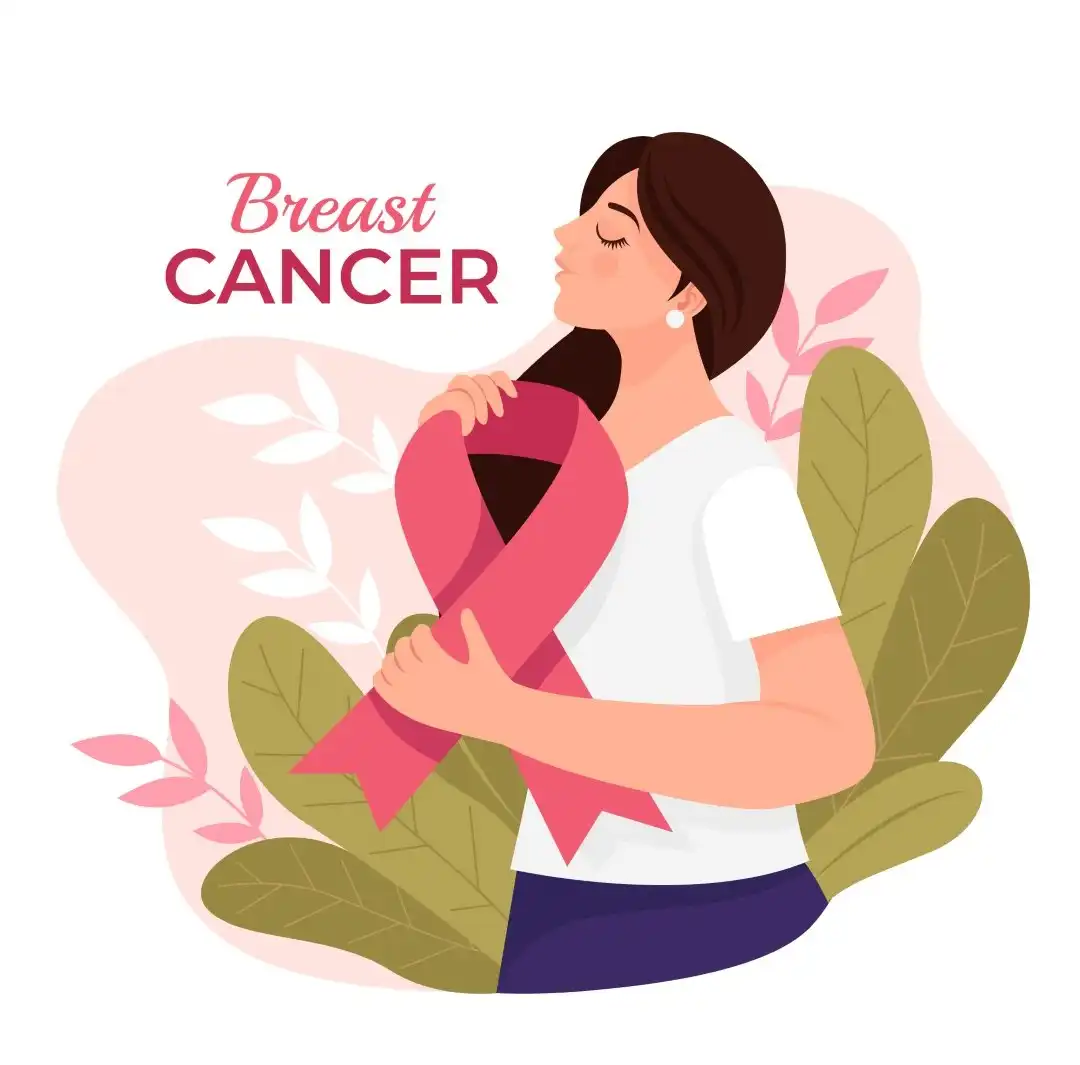
Breast carcinoma, commonly known as breast cancer, is a complex disease that requires precise diagnosis and staging to determine the most effective treatment plan. Staging helps to understand the extent of cancer and guides the therapeutic approach. In this blog, we will delve into the stages of breast carcinoma, from Stage 0 to Stage IV, providing clarity on what each stage signifies. Renowned for her expertise in this field, Dr. Preethi Mrinalini, one of the best female surgeons in Chennai at Marinas Clinic, offers invaluable insights into this critical aspect of breast cancer care.
Stage 0: Carcinoma in Situ
Stage 0 breast carcinoma, also known as carcinoma in situ, represents the earliest form of breast cancer. At this stage, cancer cells are confined to their place of origin without invading surrounding tissues. There are two types of carcinoma in situ:
Ductal Carcinoma in Situ (DCIS): Cancer cells are found in the lining of the breast ducts but haven’t spread outside.
Lobular Carcinoma in Situ (LCIS): Abnormal cells are found in the lobules of the breast but haven’t invaded nearby tissue.
Though not invasive, Stage 0 requires careful monitoring and, in some cases, treatment to prevent progression to invasive cancer.
Stage I: Early Invasive Breast Cancer
Stage I is the earliest stage of invasive breast cancer. It is subdivided into:
Stage IA: The tumor is 2 centimeters or smaller and has not spread to lymph nodes.
Stage IB: Small clusters of cancer cells (larger than 0.2 mm but not larger than 2 mm) are found in lymph nodes, or there is no tumor in the breast, but small groups of cancer cells are found in the lymph nodes.
Early detection at this stage often results in a high success rate with treatments such as surgery, radiation, and sometimes chemotherapy.
Stage II: Larger Tumors or Spread to Nearby Lymph Nodes
Stage II breast cancer is more advanced but still highly treatable. It is further divided into:
Stage IIA: Either the tumor is larger than 2 centimeters but not larger than 5 centimeters, or there is no tumor in the breast but cancer has spread to 1 to 3 axillary lymph nodes.
Stage IIB: The tumor is larger than 2 centimeters but not larger than 5 centimeters and has spread to 1 to 3 axillary lymph nodes, or it is larger than 5 centimeters but has not spread to axillary lymph nodes.
Treatment options at this stage might include a combination of surgery, radiation, chemotherapy, and hormone therapy.
Stage III: Locally Advanced Breast Cancer
Stage III breast cancer indicates more extensive cancer that may have spread to nearby tissues and lymph nodes. It is categorized into:
Stage IIIA: Cancer has spread to 4-9 axillary lymph nodes, or it is larger than 5 centimeters and has spread to 1-3 axillary lymph nodes.
Stage IIIB: The tumor has spread to the chest wall or skin of the breast, causing swelling or ulceration, and may have spread to up to 9 lymph nodes.
Stage IIIC: Cancer has spread to 10 or more axillary lymph nodes, lymph nodes near the collarbone, or internal mammary nodes.
Treatment for Stage III often involves a more aggressive approach, including surgery, radiation, chemotherapy, and targeted therapies.
Stage IV: Metastatic Breast Cancer
Stage IV breast cancer, also known as metastatic breast cancer, is the most advanced stage. It means the cancer has spread beyond the breast and nearby lymph nodes to other parts of the body, such as bones, liver, lungs, or brain. Symptoms depend on the affected areas and may include bone pain, jaundice, or neurological issues.
Treatment for Stage IV focuses on controlling the spread and relieving symptoms to improve quality of life. It often involves systemic therapies such as hormone therapy, chemotherapy, targeted therapy, and immunotherapy.
Conclusion
Understanding the stages of breast carcinoma is crucial for determining the appropriate treatment plan and improving patient outcomes. Dr. Preethi Mrinalini, at Marinas Clinic in Chennai, emphasizes the importance of early detection and personalized treatment strategies for breast cancer patients. As one of the best female surgeons in Chennai, she advocates for awareness and regular screenings, which can significantly enhance the chances of successful treatment and recovery.
If you or someone you know is dealing with breast cancer, consulting with experienced professionals like Dr. Preethi Mrinalini can provide the expertise and compassionate care needed during this challenging time.
© 2024 Marinas Clinic All rights reserved.Powered by Zero Gravity Technologies.